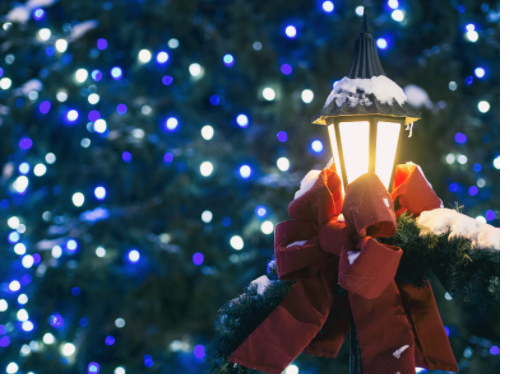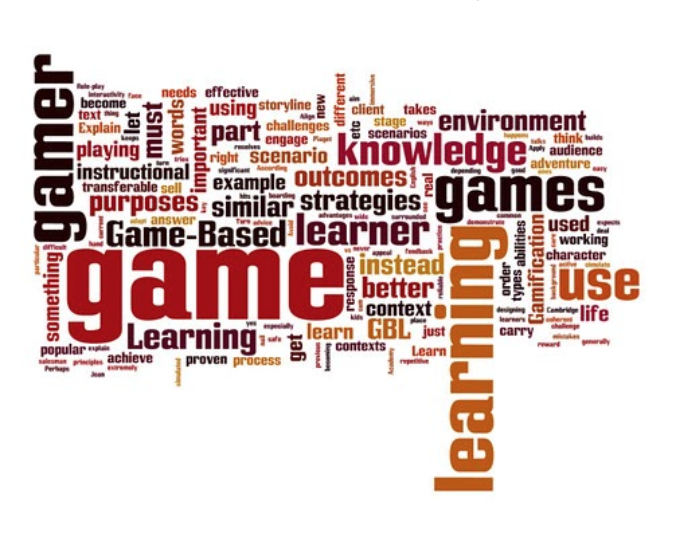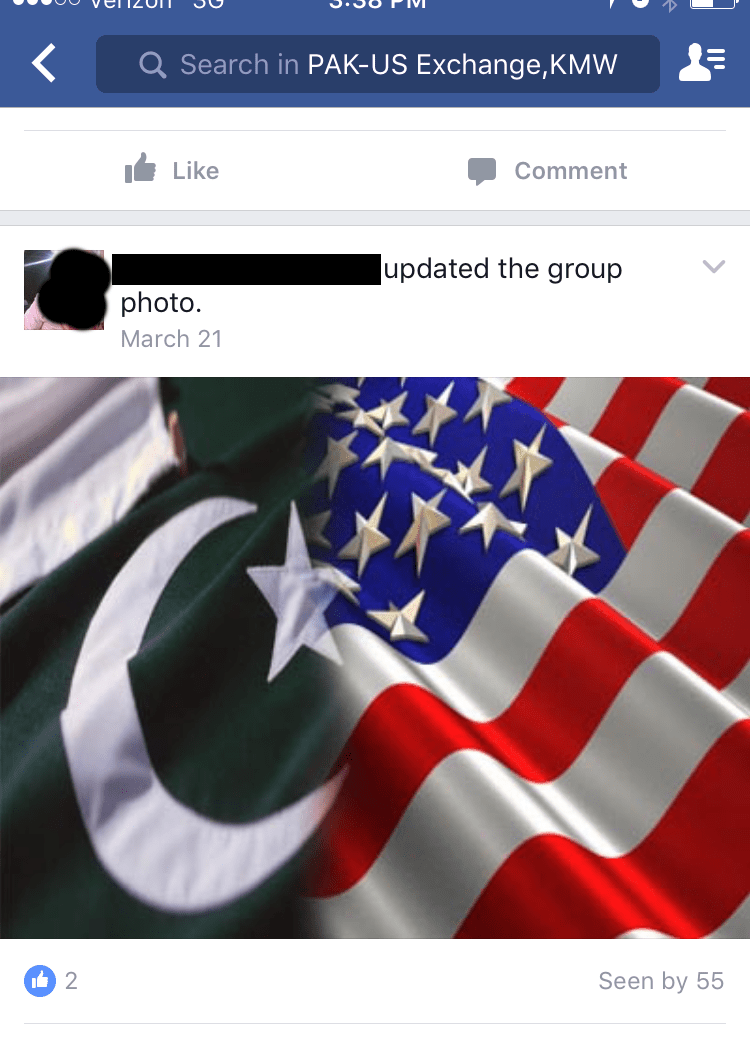By Haley Ware, Education Coordinator
Winter is a huge holiday season around the world. People decorate, gather with loved ones to eat delicious food and celebrate together. This is a list of some of the most popular winter holidays around the world,and how people celebrate.
Thanksgiving
November brings thanks and family with Thanksgiving. Thanksgiving falls on the fourth Thursday in November. This holiday is very deep in legend and tradition as many people debate the history and the reason for celebration. This event is usually acknowledged by families coming together, lots of delicious food and a turkey. Families will usually go around and say things they are thankful for from the past year. It can be seen as a time of reflection and gratitude. Thanksgiving is not only limited to the United States. There are a few non-US countries that celebrate their versions of Thanksgiving including Canada, Liberia, The Netherlands, Granada, and Norfolk Island.
Thanksgiving Resource:
Christmas
Christmas being the most well known Christian holiday occurs on December 25th. There are many countries all over the world who celebrate some variation of Christmas. In America this holiday is tied closely to the Christian religion for many, but not for all. Those of Christian faith celebrate the birth of Jesus. This holiday is celebrated with decorations, a pine tree, festive food and gifts to share. It is a joyous and happy time of year. There are even special Christmas markets around the world that sell different decorations. People also come together to sing traditional Christmas songs in celebration.
Christmas Resource:
Hanukkah
Hanukkah is also another well known winter holiday for those of the Jewish faith. This holiday is also known as the festival of lights. Hanukkah is celebrated to commemorate the rededication of the Second Temple in Jerusalem. This is an eight day celebration starting with three blessings and lighting the menorah on the right side. One candle is lit on the remaining nights alternating left or right. Throughout the eight days families tell stories, cook traditional foods often symbolically fried in oil, and play traditional games like spin the dreidel. There will usually be festivities hosted at the synagogue and communities will come together in celebration.
Hanukkah Resource:
Three Kings Day
In Spain, France, Puerto Rico, and other Latin American countries, Three Kings Day (Dia de los Reyes) or Epiphany is celebrated 12 days after Christmas. This day is a part of the Christian/Catholic faith to celebrate the three wise men who brought gifts of gold, frankincense and myrrh to baby Jesus. This holiday is celebrated by receiving gifts and making a King’s Cake.
Three Kings Day Resource:
Chinese (Lunar) New Year
This holiday is celebrated in many Asian and Southeast Asian countries, and it is the biggest holiday of the year. This holiday differs from the western new year that happens on the first of the year. More commonly known as Lunar New Year this holiday is celebrated sometime between the end of January-beginning of February. There is no specific date as it follows the phases of the moon. Historically this was a time when farmers would be able to rest and celebrate the end of the year with families. Today in many Asian countries this holiday is celebrated by cleaning the house in preparation for welcoming the new year. Houses will be decorated with blessings, oranges, and decorations in red and gold. Red is considered a color of good luck and believed to scare away spirits of bad fortune. They also celebrate with a big feast and often exchange red envelopes containing money. This holiday follows the Chinese Zodiac and a new animal will be represented each year, for example, the year 2021 will be represented by the Ox.
Chinese New Year Resource:
Omisoka
This is a holiday in Japan celebrated on December 31. Omisoka has deep roots in the Shinto religion. This day is spent preparing for the new year. Preparing for the new year can mean cleaning house, putting a rope on the door, and offering rice cakes to Shinto gods. There will be celebrations at Shinto temples that people can join. Some of these celebrations include a cleansing event to remove the uncleanliness from the year before or a for those who are more Buddhist, a ringing of the bell to remove the 108 worldly desires that can mislead the body and soul. This is a big event in Japan and locals and tourists alike can participate.
Omisoka Resource:
Diwali
This is also known as the Indian Festival of Lights to celebrate light over darkness. The date changes every year but generally falls between October-November. This year it will begin on November 14th. This is a major festival for Hinduism, Jainism and Sikhism and the way it is celebrated can differ between regions and religions. Most people will line places with small pots of oil and light them. During this time homes are decorated with colored rice, sand and flowers. This festival usually lasts five days and it is a time for exchanging gifts, wearing new clothes, playing traditional games and gambling is encouraged for luck of the new year.
Diwali Resource:
Kwanzaa
Kwanzaa is a Swahilli word meaning first fruits of the harvest. It is a holiday celebrated by many African and African-American communities falling on December 26-January 1 each year. This holiday was established in 1966 by Dr. Maulana Karenga, who was an author, activist, and professor, as a way to bring African communities together in the aftermath of the Watts riots. Kwanzaa has seven core principles including unity, self-determination, collective work and responsibility, cooperative economics, purpose, creativity, and faith. There are seven core symbols as well. During this time families will come together for gift giving, celebration and honoring their ancestors. This holiday falls among many other religious holidays but it is not religious itself. This holiday is for Africans and Black Americans to celebrate and be together with their families as they remember and honor their history.
Kwanzaa Resource:
What other winter holidays do you celebrate that are not on this list?



